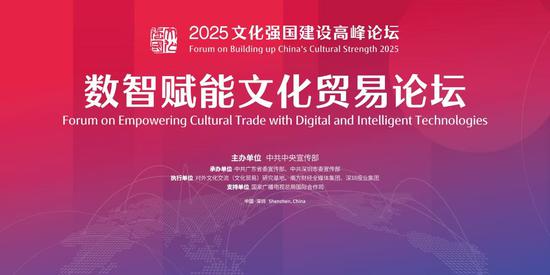
(ECNS) -- Digital and intelligent technologies are reshaping cultural industries and trade, creating new opportunities and driving transformation, experts and officials said Tuesday at a forum in southern China.
Jiang Xiaojuan from the University of Chinese Academy of Social Sciences (UCASS) told the Forum on Empowering Cultural Trade with Digital and Intelligent Technologies held in Shenzhen, Guangdong Province, that culture and the digital economy are highly compatible, with digital and intelligent technologies significantly boosting the development and globalization of cultural industries.
"In production models, these technologies enhance the capacity to capture, process, and generate cultural elements while improving efficiency. For transaction models, they provide convenient global access to small cultural producers and enable efficient matching between large platforms and individual creators," Jiang said.
Meanwhile, AI assists in translating web series and novels, elevating creative capabilities, while service models have become more diversified, he added.
Jiang Zengwei, chairman of the Global Alliance for Trade in Services, stressed that digital technologies are driving transformative changes in cultural trade and delivering entirely new experiences.
He emphasized that international trade related to digitalization has become core content and a key medium of contemporary cultural trade.
Currently, digital technologies are widely applied to the preservation and revitalization of cultural heritage.
The Forbidden City, or the Palace Museum, serving as the imperial palace during the Ming and Qing dynasties (1368-1911), represents profound Chinese cultural heritage.
Wang Xudong, director of the Palace Museum, stated that it is actively embracing new technologies. Since 1999, the Palace Museum has continuously advanced digitalization efforts, establishing an information center, conducting digital collection of cultural relics, building digital archives, and progressively opening these archives to the public.
According to Wang, currently, 52% of the museum's collections have been digitized. Meanwhile, it employs digital technologies for the preservation, research, and revitalization of cultural heritage.
"The Palace Museum will continue leveraging digital-intelligent technologies to stimulate the development of cultural and creative industries and enhance international exchange and dissemination," he said.
As key adopters of digital and intelligent technologies, enterprises are boosting competitiveness and innovation by integrating them into production, management, and marketing.
Chen Xiaoyun, vice president of pop culture brand POP MART International Group, established a technology R&D team from the outset, developing robotic store purchasing systems and mobile applications, while extending POP MART's digital expertise to overseas markets.
Moreover, digital and intelligent technologies have been widely used in various fields, including the game and entertainment park industries, continuously improving consumer experience.
(By Zhang Dongfang)









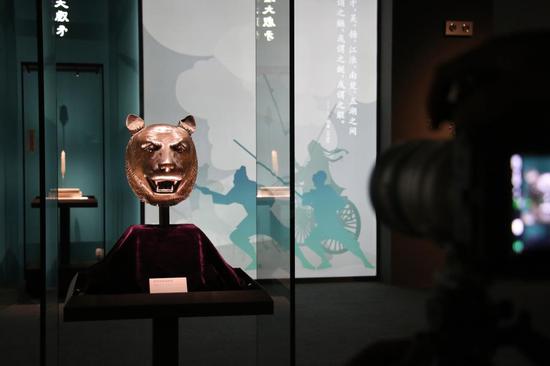












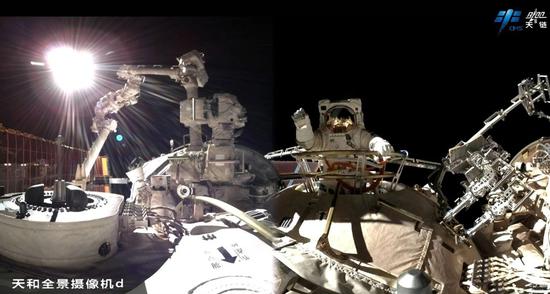
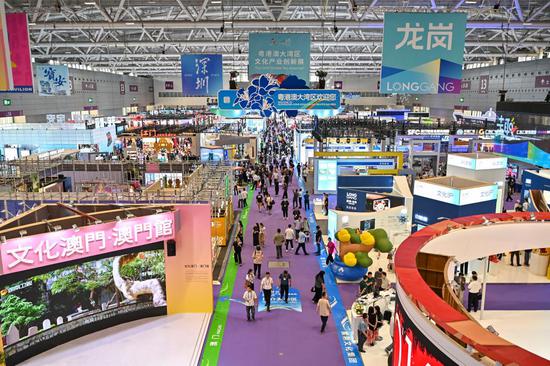


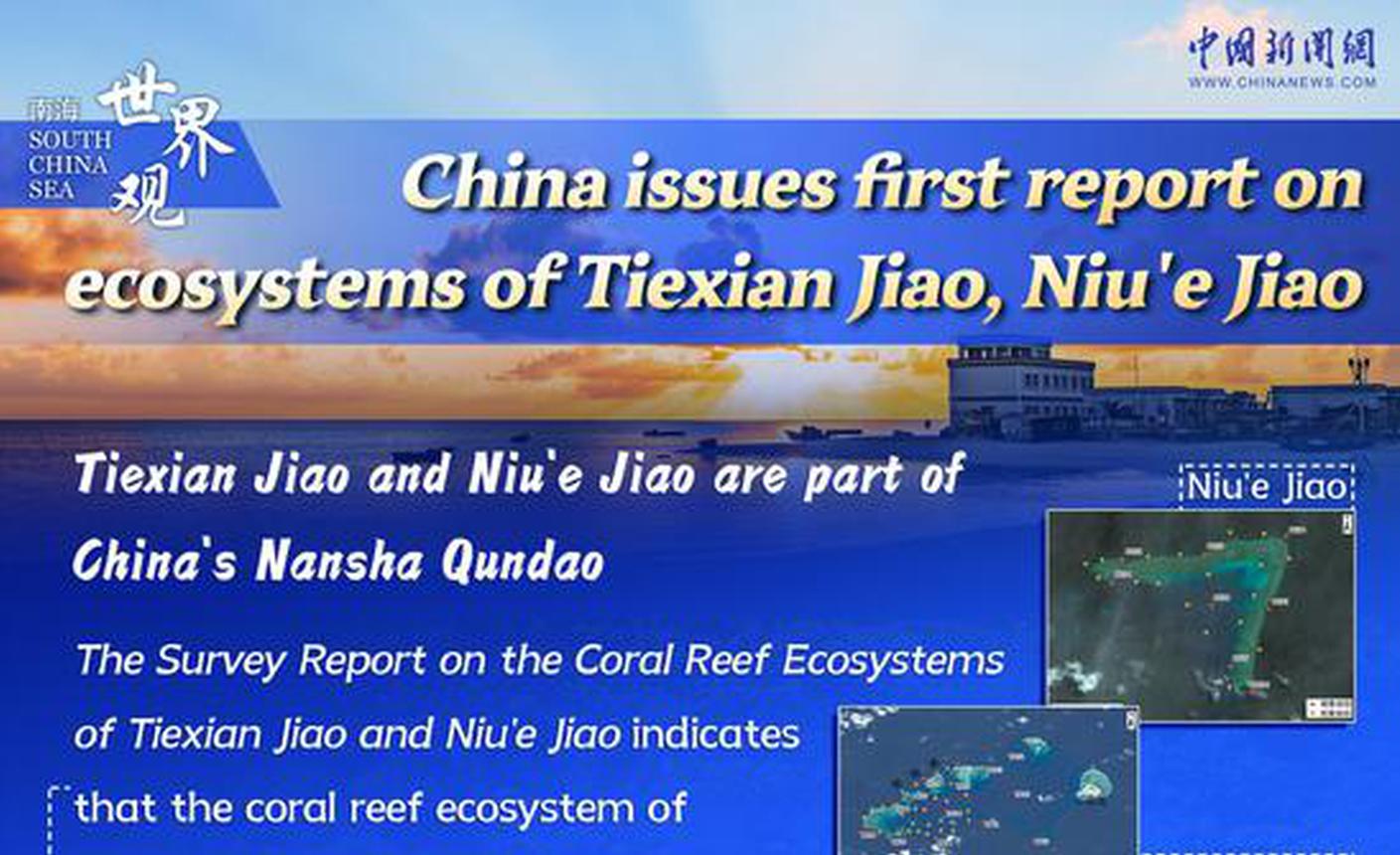
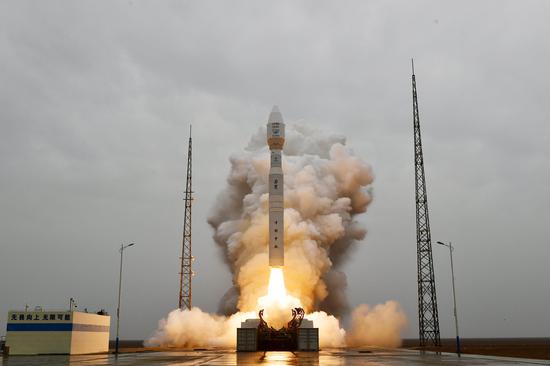
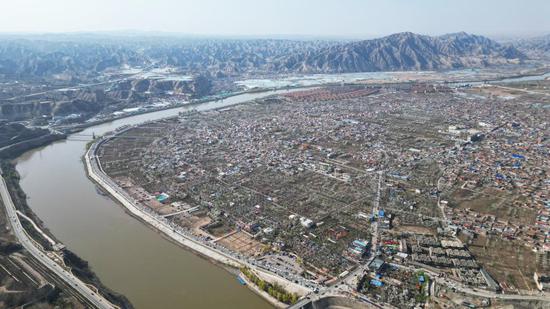

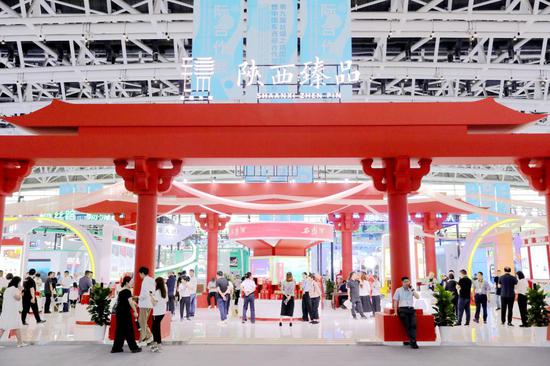









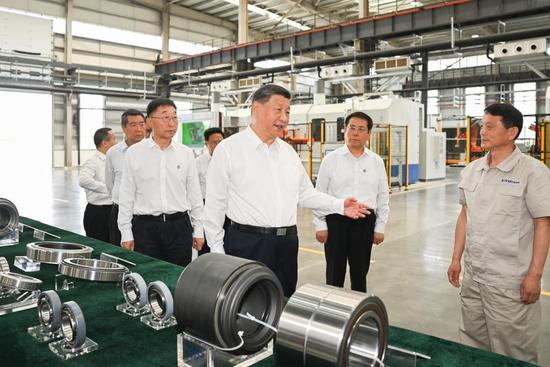


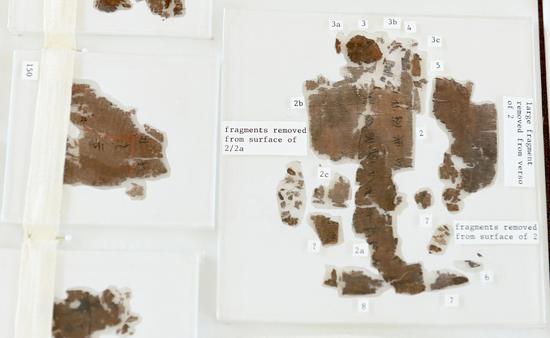
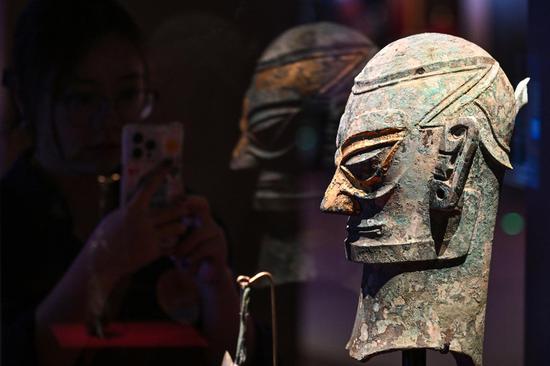

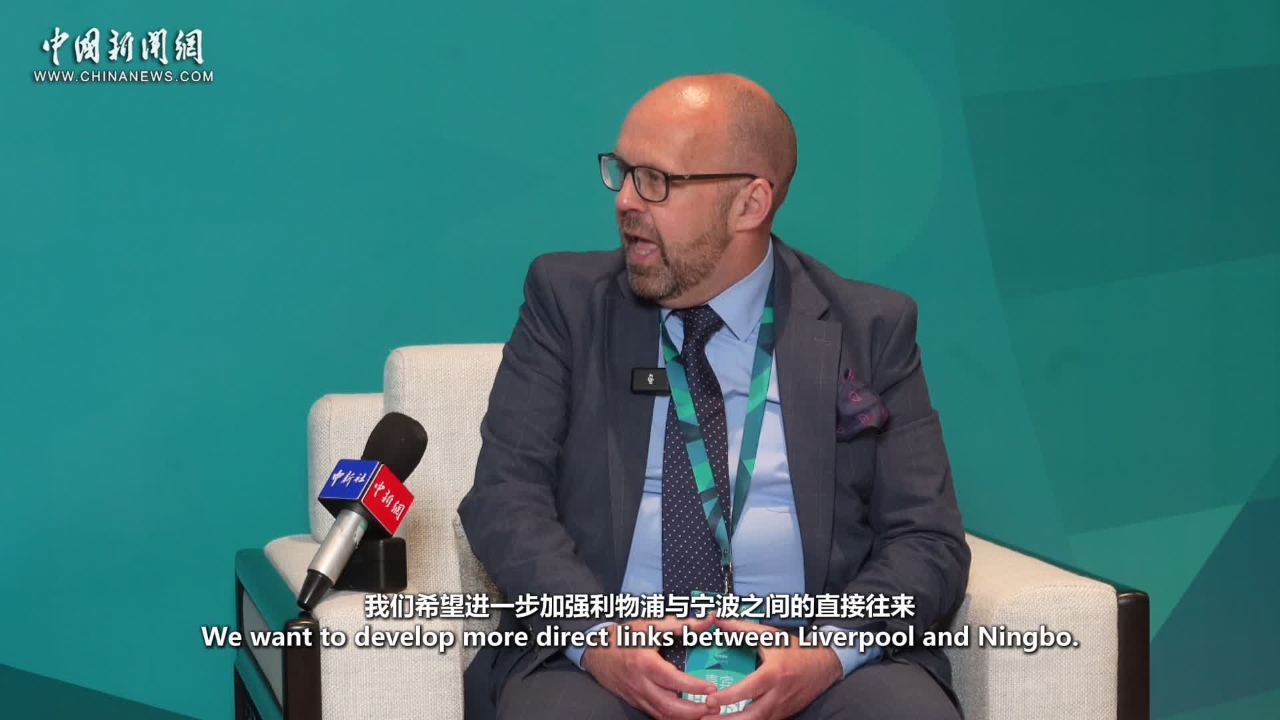



 京公網安備 11010202009201號
京公網安備 11010202009201號